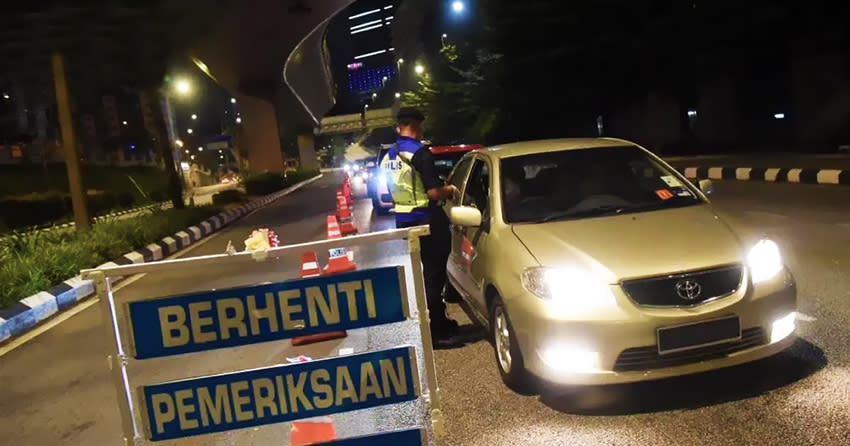Critical to evaluate public perception of police, other Malaysian law enforcement agencies

Public perception of the police and other law enforcement agencies is an eminent and critical factor in civil democratic societies.
The top brass of these law enforcement agencies and policymakers must acknowledge that public perception of law enforcers is a significant factor that has an impact on trust and confidence towards policing in society.
In a democracy, police and various law enforcement agencies derive their authority and legitimacy from the public. If the public does not trust the law enforcers, or view them as legitimate, it undermines their ability to effectively maintain law and order and serve the community.
Public perception helps ensure the police and other law enforcement agencies are held accountable for their actions. If the public views them negatively, it can lead to increased demands for transparency, oversight, and accountability mechanisms.
Positive public perception fosters strong relationships between law enforcers and the communities they serve. This community trust and cooperation is vital for effective policing, law enforcement, crime prevention, and solving investigations.
In a democracy, law enforcers are meant to serve the public, not rule over them. Public perception reflects the degree with which police and other law enforcement agencies uphold democratic values like fairness, equality, and respect for rights.
If the public loses faith in law enforcers, it can erode confidence in the broader criminal justice system and government institutions. This will obviously contribute to the negative perception and mistrust towards the police and other law enforcement agencies.
Public perception of the police and other law enforcement agencies is critical because it speaks to the fundamental relationship between the people and those entrusted with maintaining public order and safety in a civil democratic society. It is a key indicator of the health and legitimacy of the social contract.
There are a few key ways that researchers, experts, and policymakers can scientifically measure public perception of the police.
Large-scale public opinion surveys are a common method. These can assess things like trust in law enforcers, satisfaction with law enforcers’ performance, perceptions of fairness/bias, and willingness to cooperate with law enforcers.
Surveys can be administered at the national, state, district, or local community level.
Qualitative research through in-depth interviews and focus groups can provide deeper insights into how the public views the police and other law enforcement agencies. These allow for exploring nuanced perspectives and lived experiences that surveys may miss.
Records of citizen complaints, use of force incidents, stops/searches, and other police-public interactions can be analysed.
This “big data” approach can reveal patterns and trends in public experiences with law enforcement.
Analysis of posts, comments, and discussions about the police and other law enforcers on social media and online platforms can offer real-time insights This “sentiment analysis” can complement traditional survey research.
Researchers can directly observe interactions between law enforcers and the public in the field to assess the dynamics and perceptions.
The key is using a mix of quantitative and qualitative methods, at multiple levels, to develop a comprehensive and reliable understanding of public views.
Transparency and replication are also important for scientific credibility.
Well-designed studies using rigorous social science methods can offer important insights into how the public views the police and other law enforcers. However, the validity and reliability of any given study should be carefully evaluated based on the specifics of the research approach. It’s important to consider the limitations and potential biases before drawing conclusions.
Most importantly, public perception research on the police and other enforcers is a must and not an option. Its importance cannot be underestimated. Professional police and other law enforcement agencies will acknowledge the necessity for independent bodies to conduct perception studies.
This is a fair and just, proactive check and balance system that will benefit all segments of society.
The views expressed here are the personal opinion of the writer and do not necessarily represent that of Twentytwo13.
The post Critical to evaluate public perception of police, other Malaysian law enforcement agencies appeared first on Twentytwo13.


